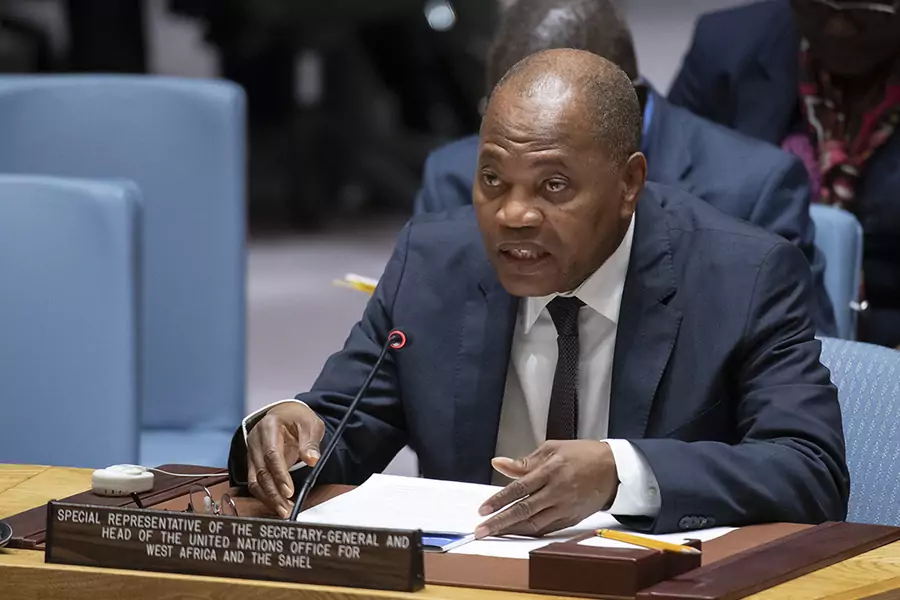Jihadi Violence and Terror Surging in West Africa

In a follow up to his remarks in December, Mohamed Ibn Chambas, the UN special representative and head of the UN Office for West Africa and the Sahel (UNOWAS) sounded the alarm on growing militant and jihadi violence. In his January 8 briefing to the UN Security Council, he said the “devastating surge” in terrorism has “shaken public confidence.” He focused on Burkina Faso, Mali, and Niger, where casualties from terrorism have increased fivefold since 2016, with 4,000 deaths in 2019 compared to 770 in 2016. He estimated those displaced in their own countries number half a million with an additional twenty-five thousand who have fled across national borders. He also noted that terrorist activity, broadly speaking, is moving from west to east. As though it were underscoring Dr. Chambas’s presentation, a rocket attack on a joint Malian, French, and UN base in northern Mali on January 9 wounded twenty, of whom eighteen were UN peacekeepers.
Likely unconnected to the upsurge in violence further west, Boko Haram activity in the Lake Chad basin (Nigeria, Niger, Chad, Cameroon) continues, seemingly unabated. Militants, claiming to be the Boko Haram offshoot Islamic State in West Africa (ISWA), killed some twenty Nigerian soldiers around January 8. Civilian casualties are a fraction of what they once were at the height of the Boko Haram conflict from mid-2013 to the end of 2015. But, according to the Nigeria Security Tracker, military casualties reached their highest levels over the past year. The military has resorted to a “super camp” strategy, retreating to fortified towns and cities, ostensibly from which to launch attacks. This effectively cedes control of rural areas to ISWA and Boko Haram.
More on:
Such attacks in Nigeria and West Africa are usually labeled as “jihadi terrorism.” The often unstated assumption is that they are somehow related to international terrorist organizations, such as al-Qaeda or the Islamic State. In some cases, this may be true. However, as Chambas noted in his briefing, terrorism, criminal behavior, and intercommunal conflict are often interrelated and local, especially in those large areas in the Sahel where government authority is weak. Chambas said, where the state is weak, “extremists provide safety and protection to populations, as well as social services in exchange for loyalty.” As Chambas went on to say, a key to countering terrorism is winning “the trust and support of local populations.” This is a tall order where governments are corrupt, unresponsive, and captured by an elite cabal.
More on:
 Online Store
Online Store